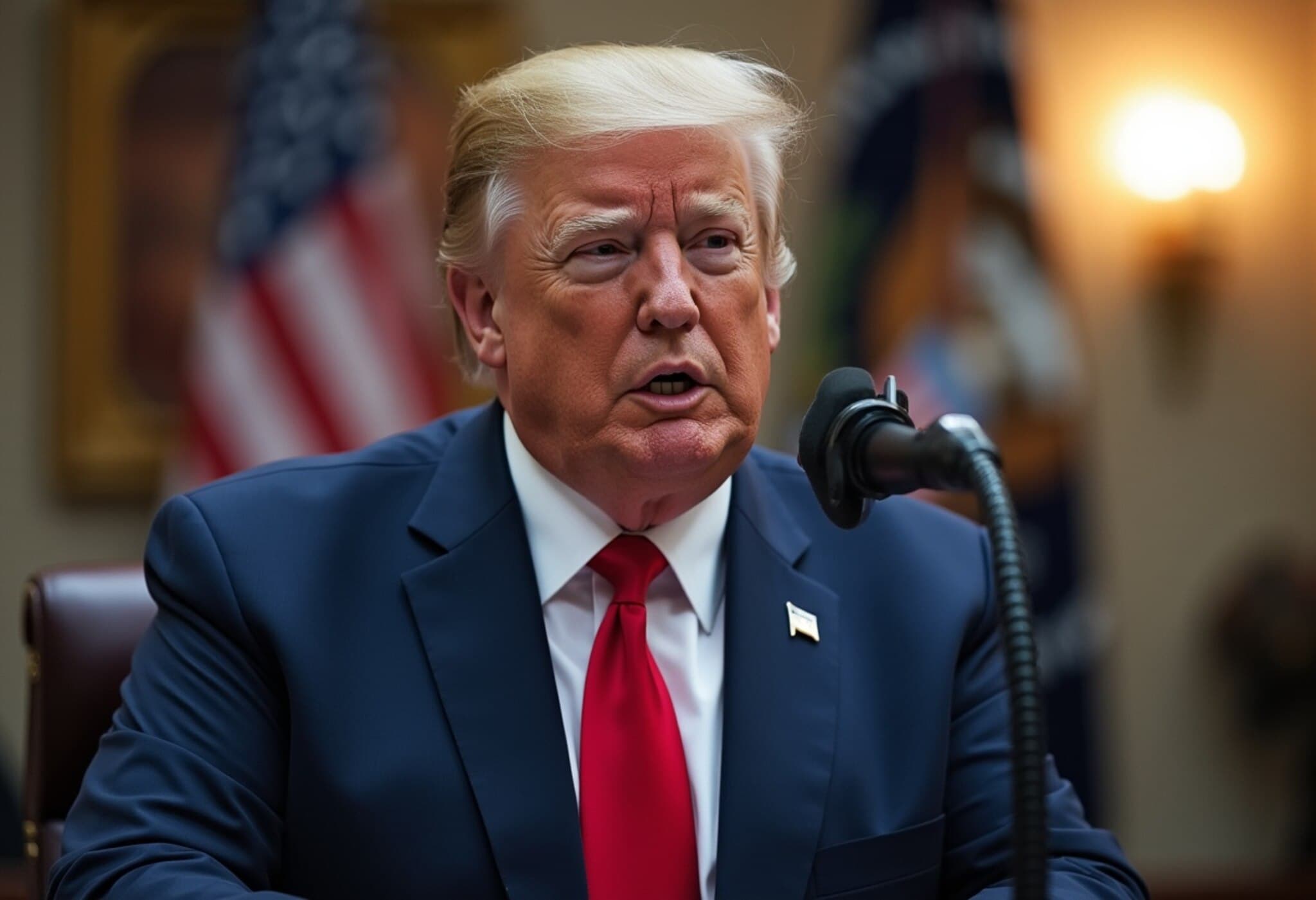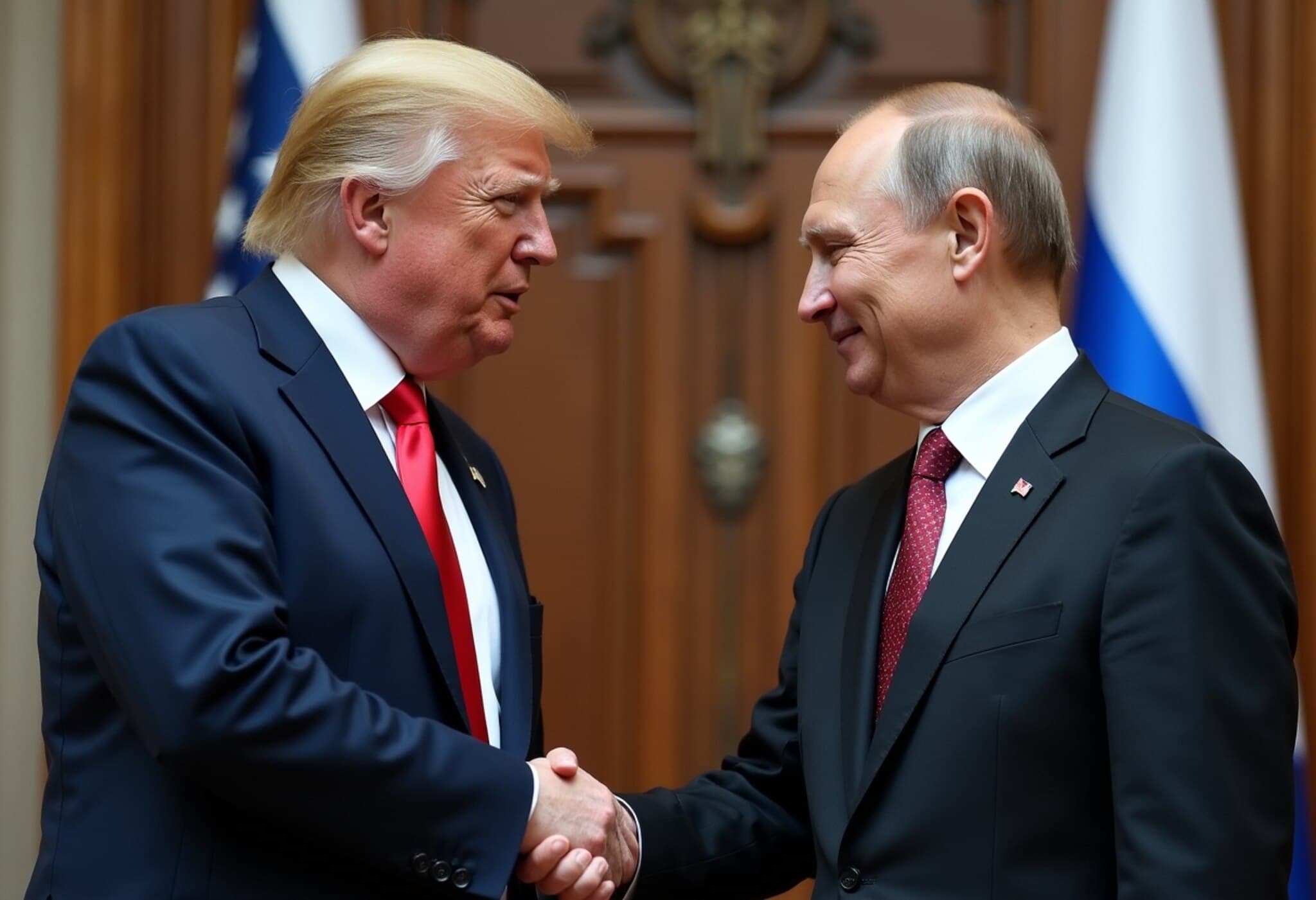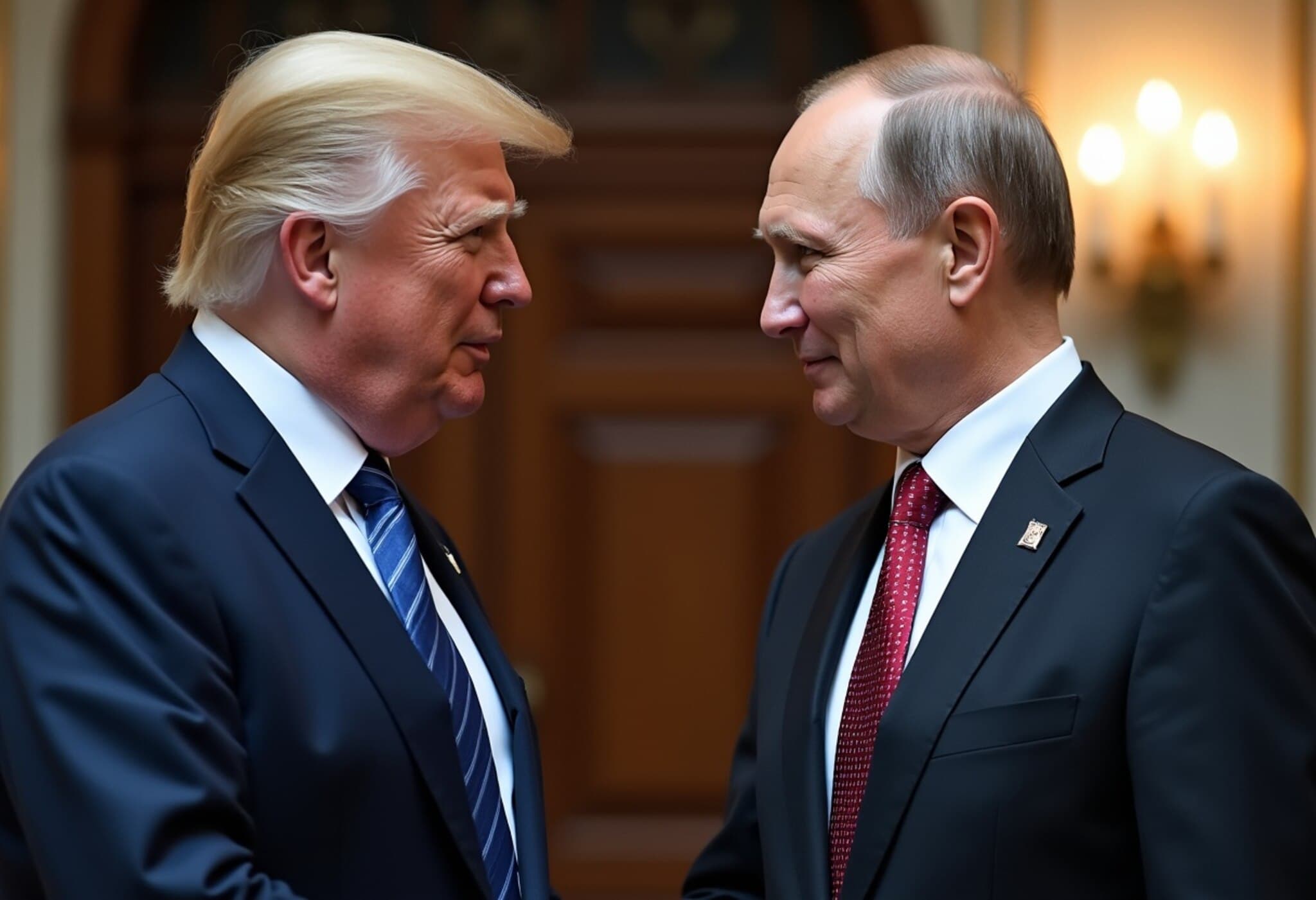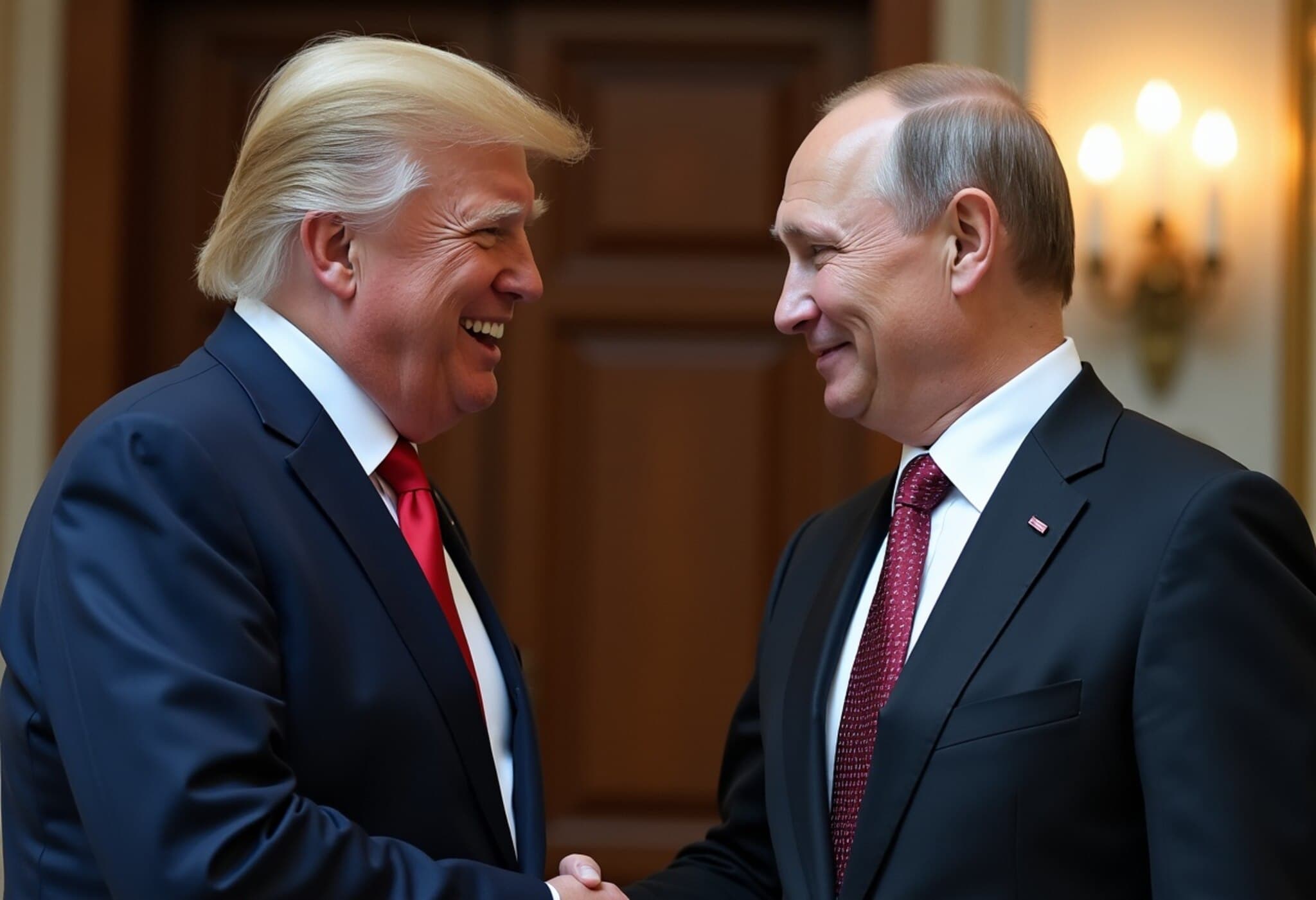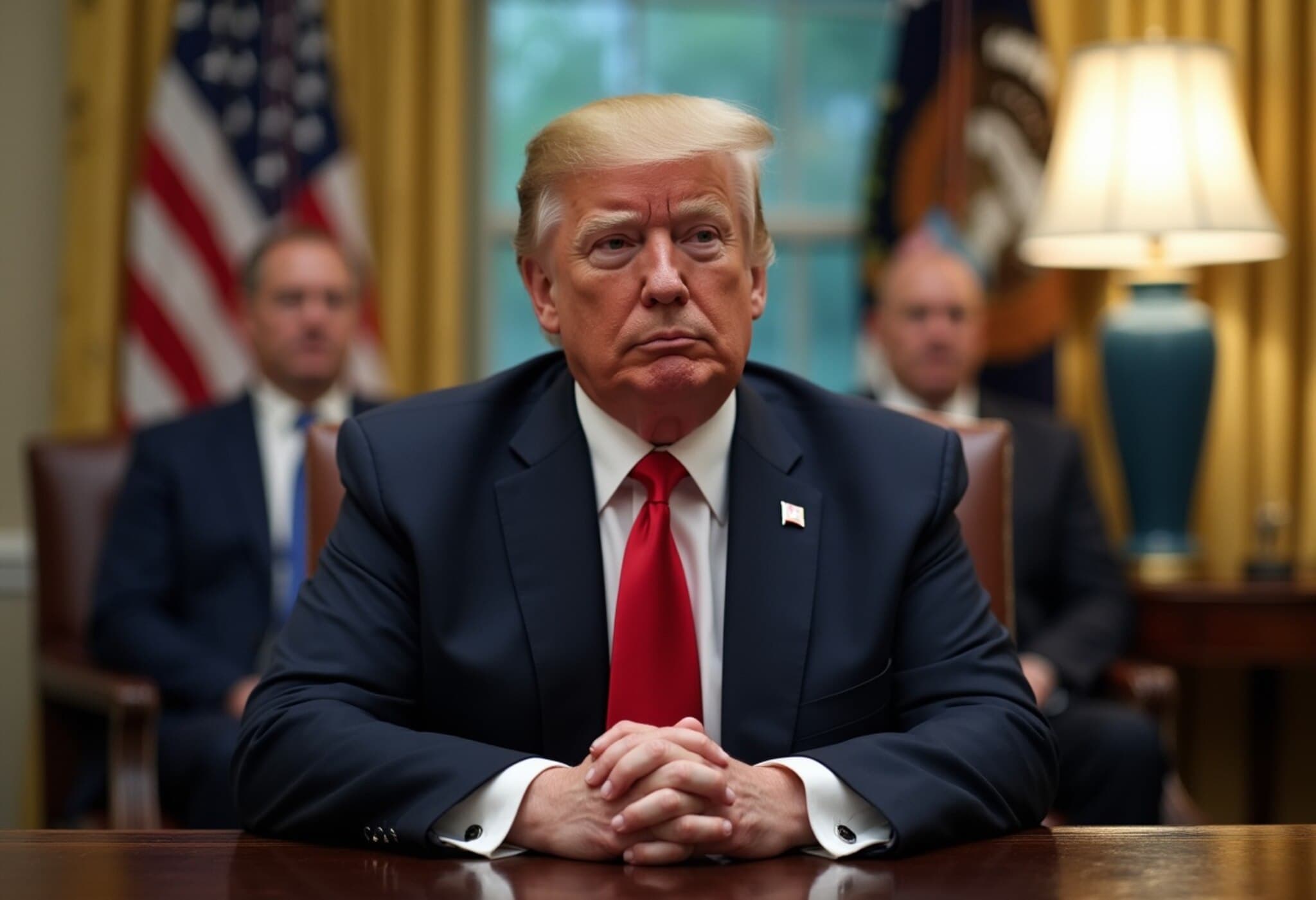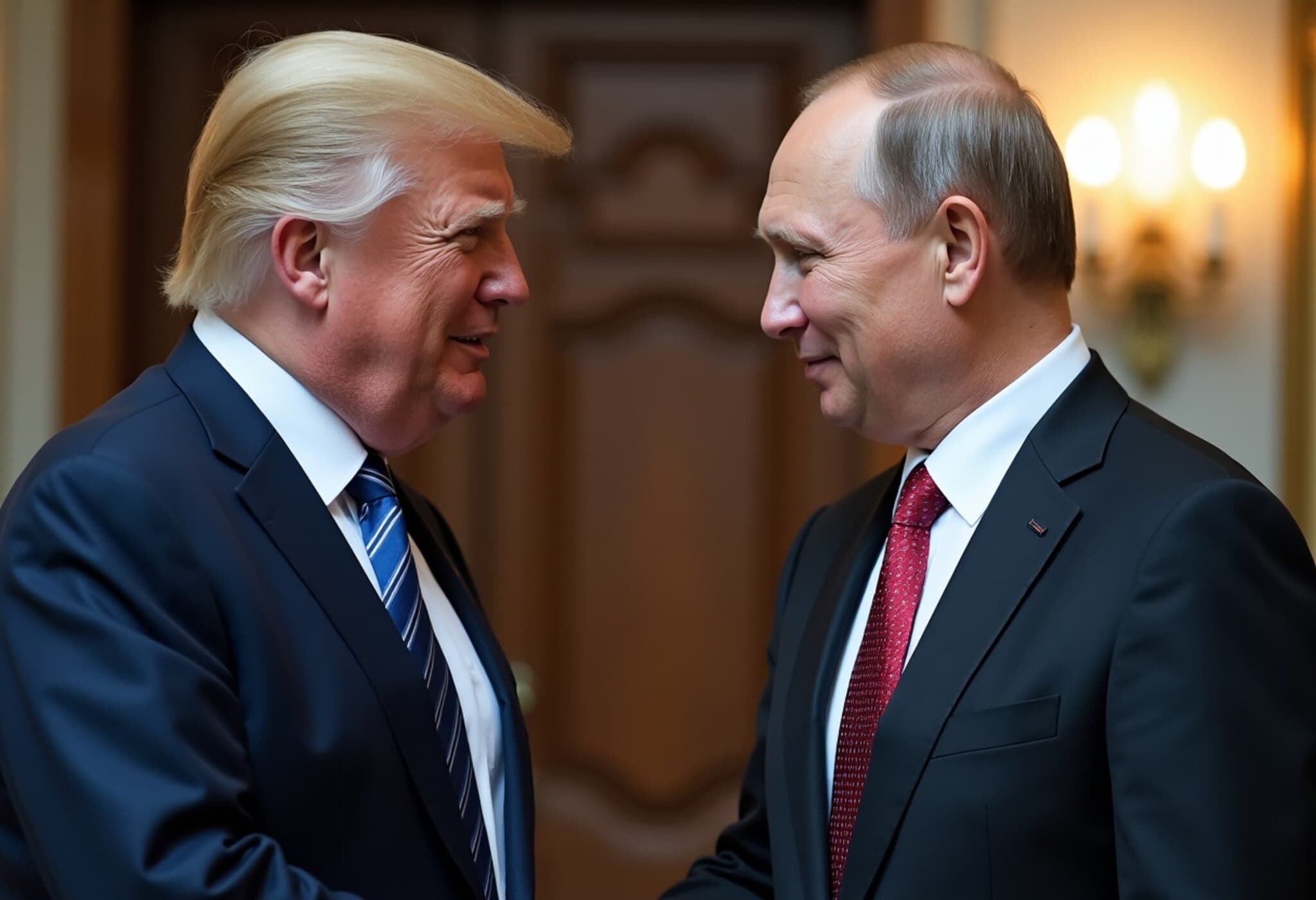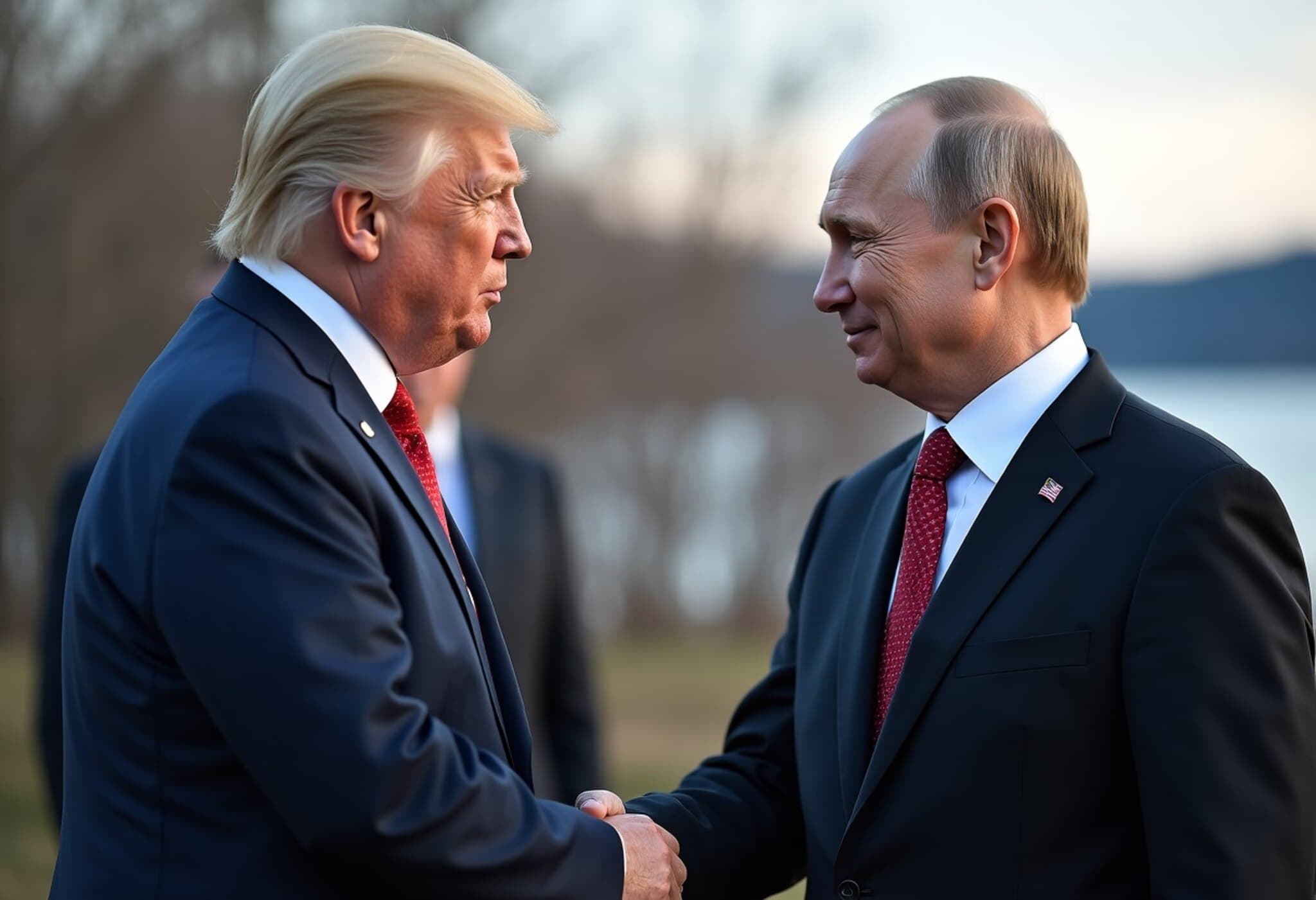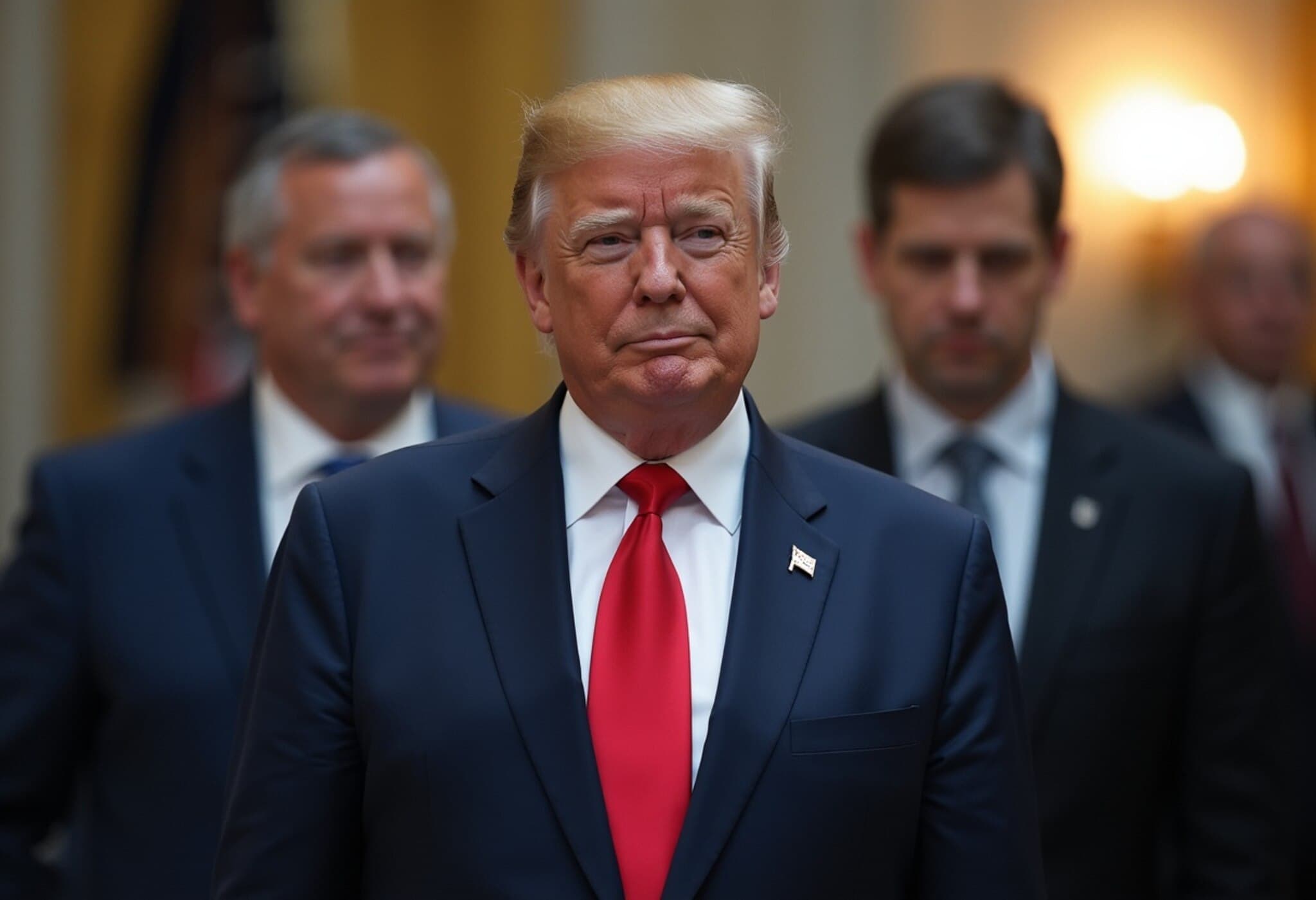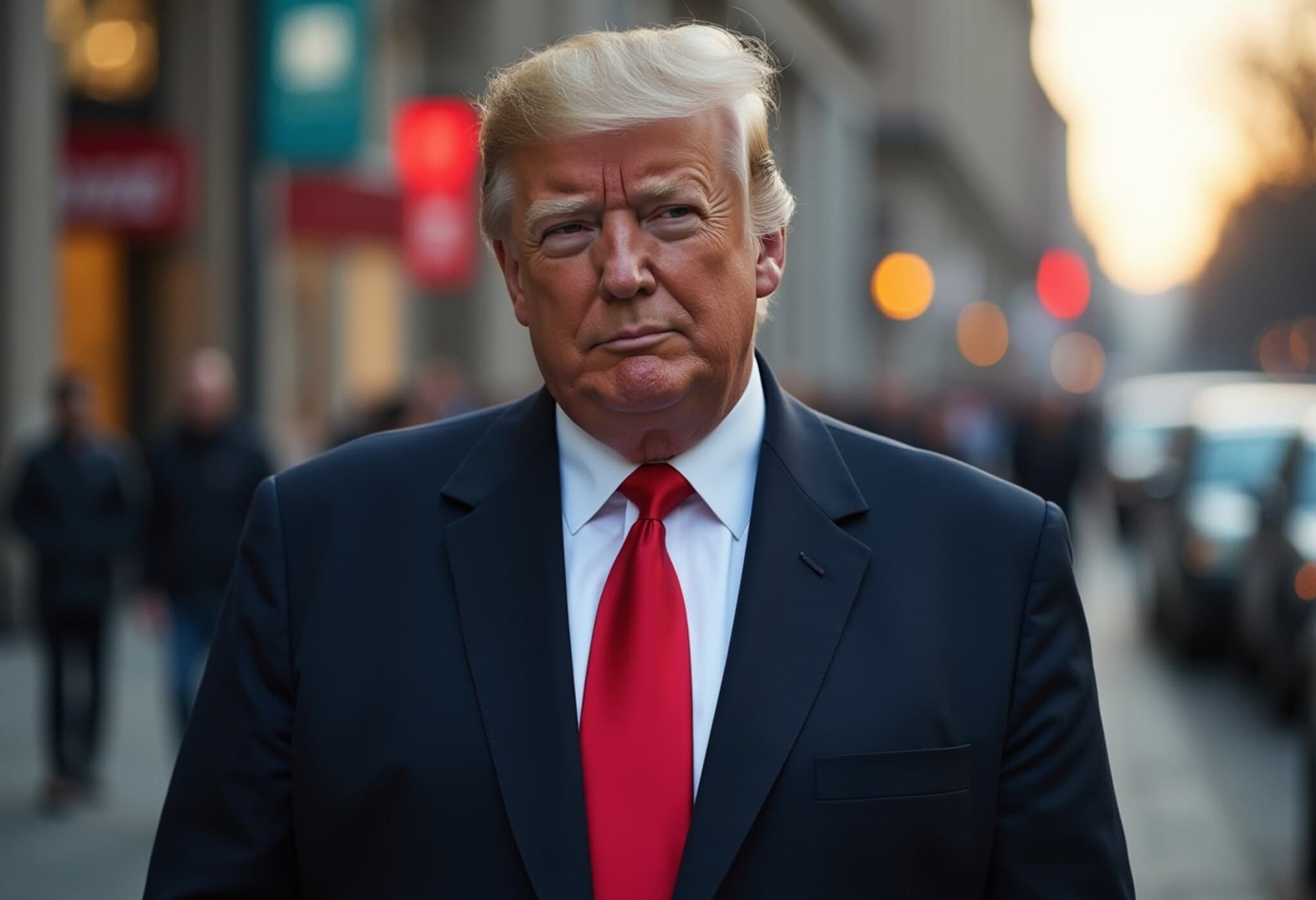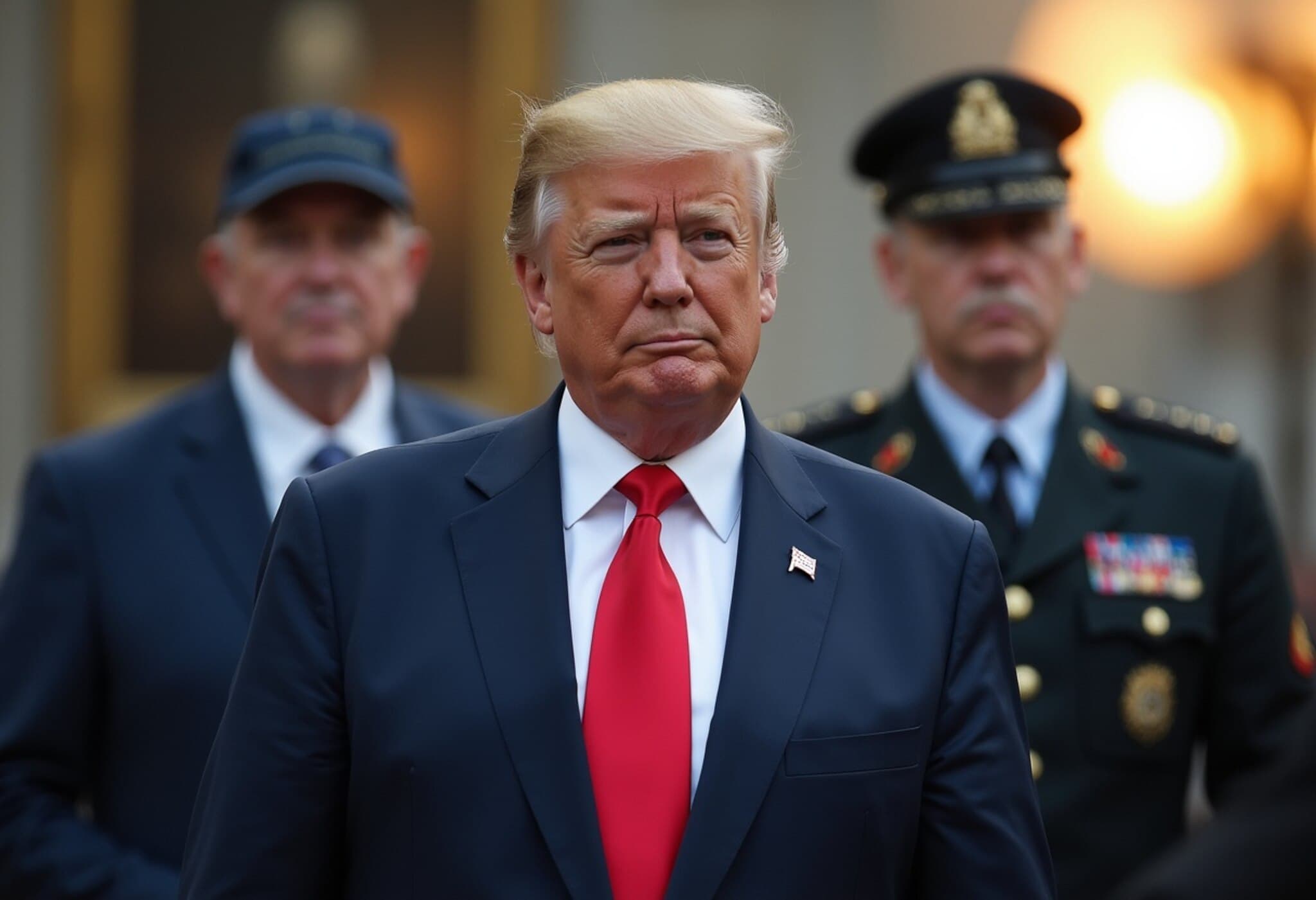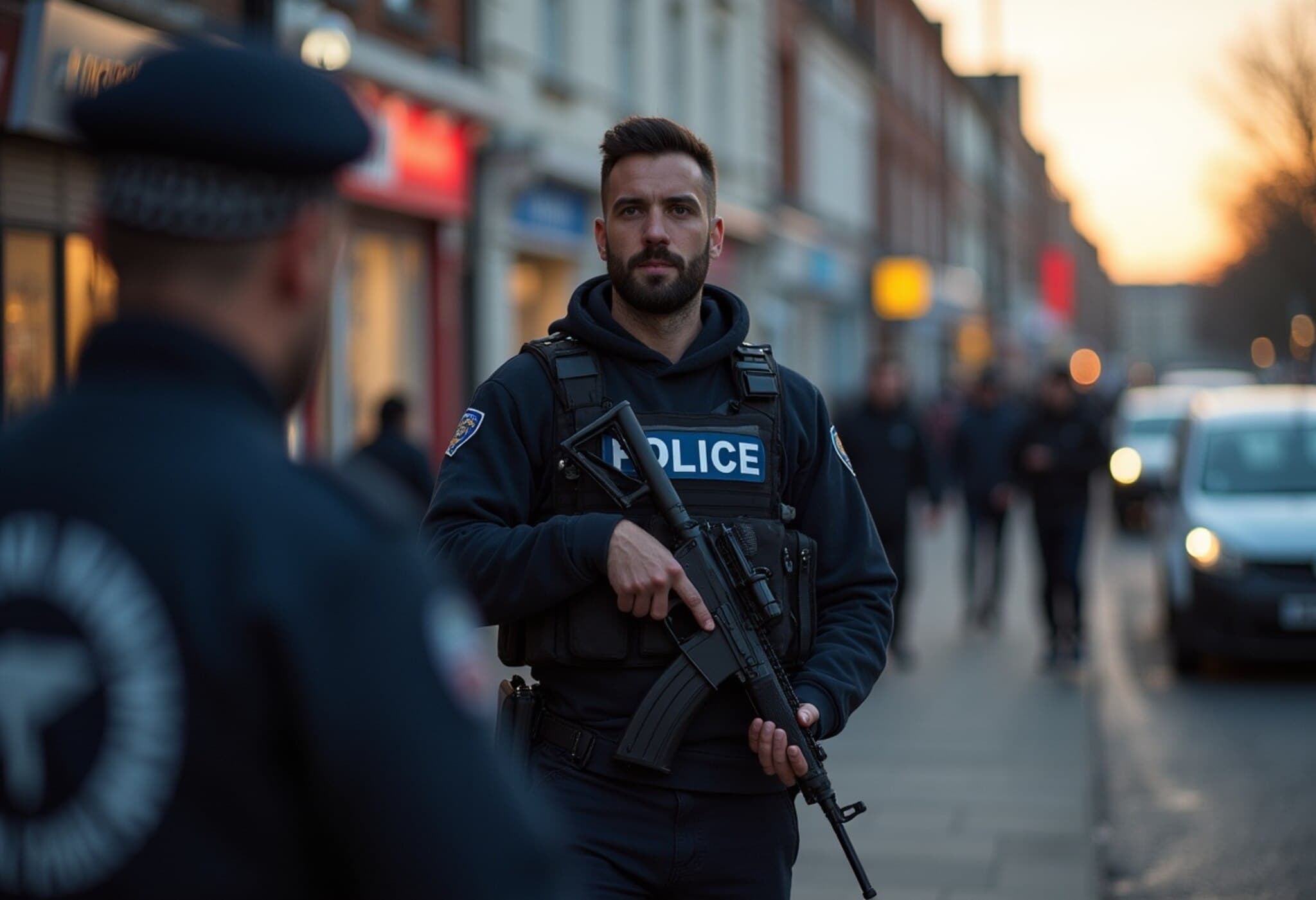Trump Suggests Zelenskyy Has Power to End Conflict 'Almost Immediately'
In a striking statement that has sent ripples through international diplomatic circles, former U.S. President Donald Trump asserted that Ukrainian President Volodymyr Zelenskyy holds the key to ending the ongoing war with Russia, potentially ‘almost immediately’, if he so chooses. However, Trump was quick to clarify that certain contentious issues—namely Ukraine’s aspirations to join NATO and the status of Crimea—are "off the table." The comments came shortly after Trump held talks with Russian President Vladimir Putin, adding a new layer of complexity to an already tense geopolitical conflict.
Trump’s Conditions: No NATO, No Crimea Reclamation
Taking to his social media platform, TruthSocial, Trump laid out his view on the road to peace. He claimed, "President Zelenskyy of Ukraine can end the war with Russia almost immediately, if he wants to, or he can continue to fight." But his offer carried significant caveats: Ukraine must abandon any hope of regaining Crimea, which Russia annexed in 2014, and must forgo any plans to join the NATO alliance. As Trump put it, "No getting back Crimea (12 years ago, without a shot being fired!), and NO GOING INTO NATO BY UKRAINE. Some things never change!!!"
Historical Context and Controversy
Trump’s framing echoes long-standing U.S. geopolitical tensions surrounding NATO’s eastward expansion and Russia’s territorial claims. The emphasis on Crimea being "off the table" is particularly contentious; for Ukraine and much of the international community, Russia’s annexation is viewed as illegal under international law and a breach of sovereignty.
Diplomatic Reactions and European Concerns
Trump’s statements arrived just ahead of a crucial White House summit involving prominent European leaders, including UK Prime Minister Keir Starmer, French President Emmanuel Macron, and German Chancellor Friedrich Merz. Within moments of his initial message, Trump expressed enthusiasm for hosting these leaders, calling it a "great honour" to have so many European dignitaries convene simultaneously.
Even so, European diplomats are reportedly alarmed by Trump’s approach. Many worry that such blunt public pronouncements risk undermining coordinated Western efforts to support Ukraine and may alarm allies keen to avoid a repeat of the frostiness seen during Zelenskyy’s earlier encounters with Trump and Vice President JD Vance. At that time, Zelenskyy was publicly chastised and accused of ingratitude, a dynamic that added strain to transatlantic relations.
Looking Ahead: Security Guarantees and Peace Prospects
As discussions continue, a central question for Western leaders visiting Washington is what concrete security guarantees the U.S. might offer Ukraine should a peace agreement be negotiated. On Monday, Mikhail Ulyanov, Russia’s envoy to international organizations in Vienna, acknowledged Russia’s willingness to offer security guarantees to Kyiv but warned that Moscow expects reciprocal assurances for itself. This mutual seeking of guarantees reveals the deep trust deficit fueling the conflict and highlights the diplomatic tightrope ahead.
Media Narrative and Public Perception
Trump has also pushed back against media portrayals of his recent meeting with Putin, calling reports of the encounter a misrepresentation. Observers widely viewed the summit as a diplomatic win for Putin, further complicating Trump’s messaging strategy.
Expert Insight: A Delicate Balancing Act
Experts suggest that Trump's overtures, while provocative, underscore the complex interplay between power politics and diplomatic negotiations. Offering Ukraine a swift peace option comes with significant geopolitical trade-offs — an uneasy bargain given the stakes for regional security, international law, and U.S. foreign policy credibility.
From an American policy perspective, endorsing Russia's hold over Crimea would mark a dramatic shift from established U.S. positions and risk alienating Eastern European allies. Conversely, insisting Ukraine surrender its NATO ambitions may temper tensions with Moscow but could be seen as conceding to authoritarian pressure, potentially emboldening future territorial aggressions.
What’s Next?
- Will Zelenskyy respond publicly to Trump’s peace proposition?
- How will European leaders navigate this evolving dialogue during their White House summit?
- What security guarantees will the U.S. realistically be willing to provide Ukraine?
- Can diplomacy reconcile the irreconcilable demands over Crimea and NATO?
Editor’s Note
Trump’s recent assertions open a challenging debate about the parameters of peace and sovereignty in Eastern Europe. The prospect of an "immediate" end to war is enticing, yet the conditions outlined cast a shadow over Ukraine’s territorial integrity and Western alliance support. Readers should watch closely how this dialogue unfolds, as decisions made in the coming weeks could redefine not only the fate of Ukraine but also broader international norms about aggression, alliance, and sovereignty.

